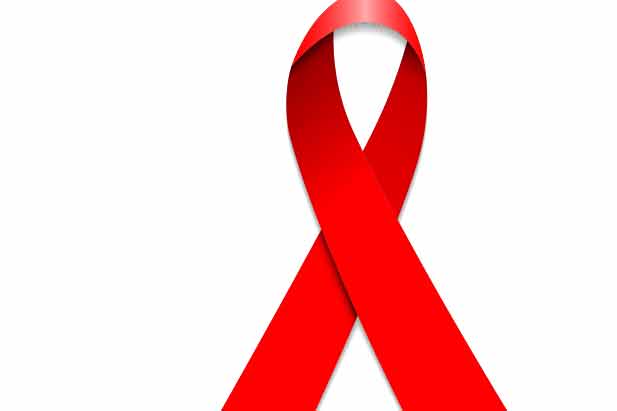
Flickr/<a href="http://www.flickr.com/photos/diegocupolo/">Diego Cupolo</a> (<a href="http://www.creativecommons.org" target="_blank">Creative Commons</a>).
Good news: The US government finally lifted the HIV travel ban today. Established in 1987, the ban had kept HIV-positive visitors and immigrants out of the country.
Under pressure from president Ronald Reagan, the US Public Health Service originally added AIDS to a list of “dangerous and contagious” diseases. Senator Jesse Helms then extended a helping hand with the “Helms amendment,” which added HIV to the exclusion list. Reagan and Helms themselves, naturally, were not included on the list of dangerous and contagious diseases.
Believe it or not, repeal of the ban began during the second Bush administration as part of larger legislation for global HIV/AIDS prevention and treatment. Congressional leaders like John Kerry, Barbara Lee, and Gordon Smith saw that the US ought to set a global example by ending a policy based on inaccurate information and stigma surrounding the disease, and pushed for repeal as part of the July 2008 President’s Emergency Plan for AIDS Relief (PEPFAR). The plan ultimately contained a provision that removed the ban from statute, returning regulatory authority to the Secretary of Health and Human Services.
Steve Ralls at the Huffington Post writes more about the lift, and about two travelers from the Netherlands who can finally visit friends and family in the US. Read a more thorough background on the ban and its repeal here.
Any thoughts, MoJo readers? Is the lift, as some people say, a hopeful new sign for US immigration policy in general? Will the GOP find a way to leverage this against Obama, like they did with the attempted bombing of Northwest Flight 253?
Follow Evan James on Twitter.







